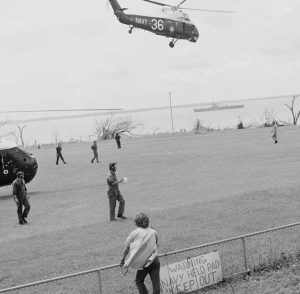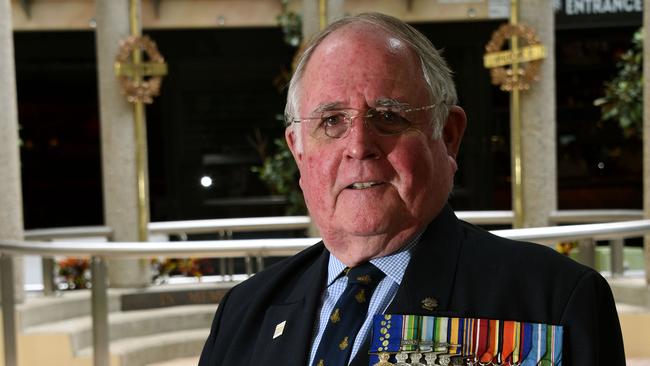 THE wild weather ride which accompanied this Christmas New Year period was a reminder how perilous and unpredictable Australia’s climate can be.
THE wild weather ride which accompanied this Christmas New Year period was a reminder how perilous and unpredictable Australia’s climate can be.
It’s fifty years since Brisbane and the Gold Coast flooded after weeks of incessant rain.
Among the 16 dead were two Army Reserve (then CMF) members from the recently formed transport corps.
Captain Ian Kerr and Corporal Neville Hourigan were thrown from their amphibious LARC which struck live power lines.
Two soldiers who swam through the flood waters to recover the vehicle and the men received gallantry decorations.
CLICK LINK to continue reading.









